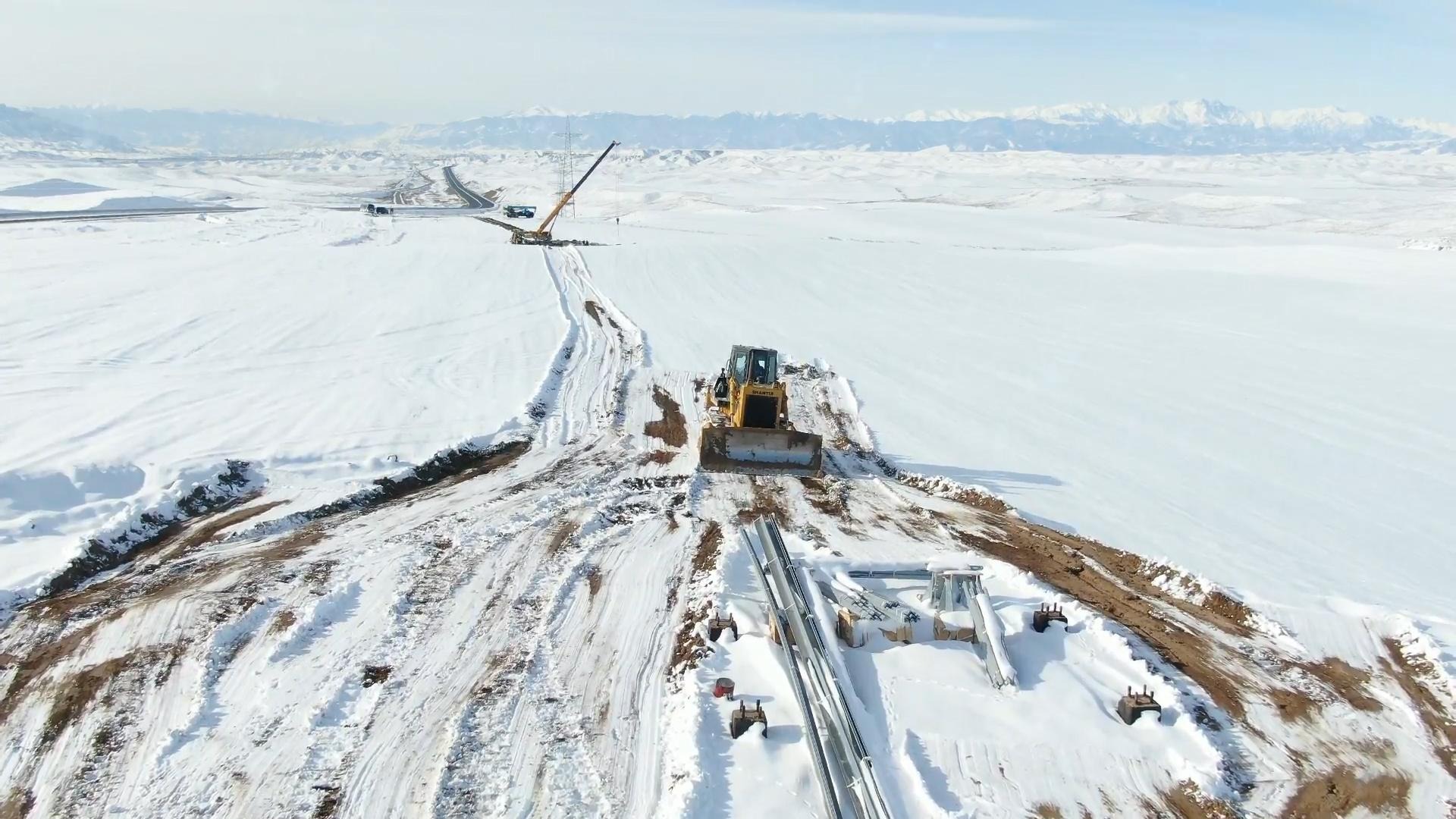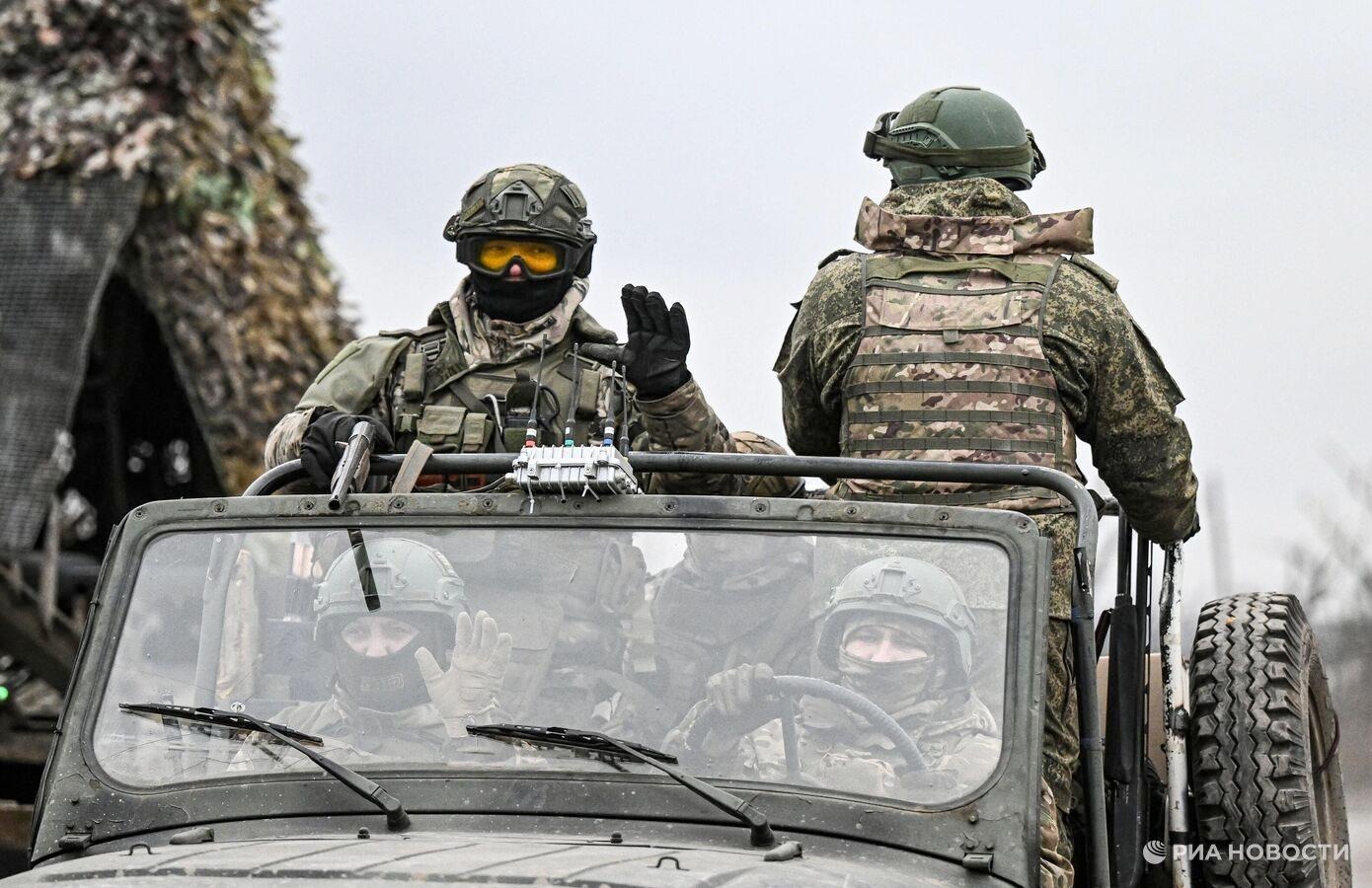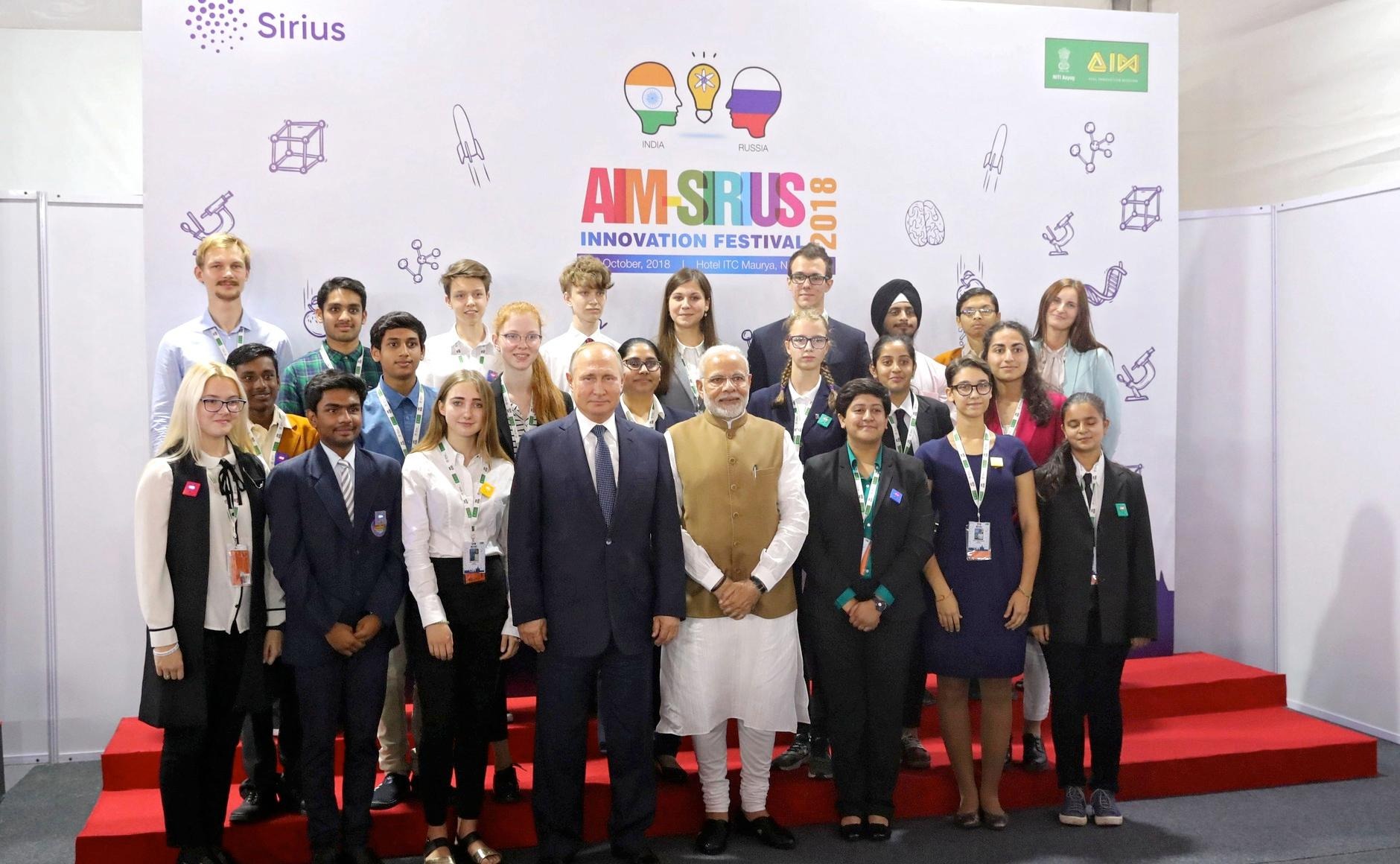PUTIN’S RESIDUAL EUROPEANISM AND CREEPING SELF-ISOLATION
PUTIN’S RESIDUAL EUROPEANISM AND CREEPING SELF-ISOLATION
The Russian media paid about as much attention to President Vladimir Putin’s weekend visit to Paris than it did to his meeting with the victorious team from the Paris-Dakar road rally (Ezhednevny zhurnal, March 17).
Little is known about his talks with French President Jacques Chirac, German Chancellor Gerhard Schroeder, and Spanish Prime Minister Rodriguez Zapatero, a newcomer to this informal group that briefly acquired prominence two years ago by standing in opposition to the Iraq war. Chirac organized a perfect social setting, but whether there was any substance to it — besides exchanging opinions about President George W. Bush’s behavior and confirming the absence of any disagreements on the Middle East and Iran — remains anybody’s guess. The summit was supposed to prepare ground for the full-format Russia-EU meeting scheduled for May, but smiles and hugs can hardly restore the lost momentum in these relations (Kommersant, March 18).
Putin loves these gatherings not for their substance but for their style and for the feeling that he is accepted as equal in the exclusive company where even his dear friend Italian Prime Minister Silvio Berlusconi is not invited. This time, however, he found himself in a significantly less-than-equal position. He has probably never been so weak and vulnerable in this company before. Just half a year ago, greeting Chirac and Schroeder in Sochi, he radiated confidence (EDM, September 1, 2004). The Beslan tragedy that interrupted their pleasant gathering hit the very core of Putin’s “vertical power structure” and a series of hand-made failures followed, from the scandalous dismemberment of the oil company Yukos to the unexpectedly loud protests of pensioners against “monetization” of their few “privileges.”
Putin’s weakness has prompted former prime minister Mikhail Kasyanov to present himself as a potential leader of the opposition. This cautious politician would have never raised his head over the parapet unless he was certain that the dynamics of events had shifted the political landscape (Nezavisimaya gazeta, March 15). Putin has responded to all these challenges the way he knows best — by tightening control and pressing down on opponents — but that reaction has created a certain uneasiness even among his biggest fans in Europe.
Besides domestic troubles, the most serious problem for his European policy has emerged in Ukraine, where the sum of the miscalculations by the Kremlin’s political “technologists” was multiplied by Putin’s own colossal error of judgment in embracing the loser. Moscow’s interference in the Ukrainian elections was so blatant that the tense November 2004 Russia-EU summit revealed that rapprochement had given way to estrangement. Characteristically, Putin’s closest allies Chirac and Schroeder were quite reserved in showing support for the Orange Revolution, and it was Polish President Alexander Kwasniewski who energized the EU into action over their heads, not least by securing President Bush’s backing (Grani.ru, March 18).
Though Putin made a short visit to Kyiv on the way home from Paris (see EDM, March 21), he apparently has not quite recognized as yet how much his European agenda has been hijacked by Viktor Yushchenko. Indeed, the Ukrainian president has shown a passionate determination for moving his country towards and even into Europe, defying the half-hearted concept of “neighborhood” advanced by Brussels’s Eurocrats (Nezavisimaya gazeta, March 18). He carefully sidesteps the controversial issue of applying for membership in NATO, which is seriously unpopular even among his core electorate, but spares no effort in charting the roadmap towards the EU (Globalrus, March 14). Many European heavy-weight politicians would probably prefer a slower track for embracing the newly-democratized Ukraine, since the previous round of enlargement has brought so much disturbance in their routines. Yushchenko, however, is keen to exploit the goodwill momentum and so gives them no respite with practical proposals and far-reaching initiatives, aiming at starting the accession negotiations in 2008 (Vedomosti, March 18).
Paradoxically, in developing relations with the EU, Putin has personal networks and established institutional frameworks but Yushchenko has substance — and at the end of the day, that always matters more. In the Kremlin, there is an obvious shortage of topics for discussion, so aides were uncharacteristically modest about the meeting in Paris, mentioning the need to ask for advice regarding preparations for the G8 meeting in Moscow in mid-2006 and the intention to check whether Moscow was doing enough to have a productive meeting with the EU this May.
What Putin heard from his top-level partners were mostly polite reassurances that things were going just fine (Vremya novostei, March 21). It was not that his colleagues did not want to upset Putin, most probably, they just knew that there was no point in taking up with him such hot issues as military bases in Georgia or post-electoral turmoil in Kyrgyzstan. Yushchenko, to the contrary, shows readiness to address directly even the most delicate problems. One conflict where his involvement might yield long-awaited results is Transnistria, since the recent parliamentary elections in Moldova have opened for him some new channels of influence (Ekspert, March 21). It could be interesting for the EU to discuss with Kyiv a new targeted initiative here, while from Moscow it hears mostly angry words about punishing a treacherous Moldova that dares to turn its back on Russia.
It was not only oil and gas that made Putin such an interesting partner for Europe, it was also his ability to lead that huge and high-risk country; as this ability erodes and evaporates, he finds himself pronouncing banalities while for others there is plenty of politics to be made.


